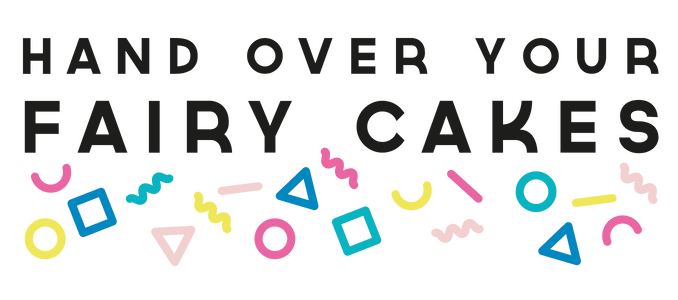The last week in April (24th-30th) is World Immunisation Week. This week is aimed at promoting use of vaccines to protect people all over the world from disease and is supported by the World Health Organisation (WHO), UNICEF and Centers for Disease Control and Prevention (CDC). It seems especially important this year after WHO named Vaccine Hesitancy as one of it's ten threats to global health in 2019 and a global increase of 300% in measles at the beginning of 2019, compared to the same time in 2018.
The greatest number of measles cases has been in places with lack of access to vaccinations, however, locations that have previously been close to eradicating the disease have now seen an increase in infected individuals. Hesitancy towards vaccination seems to have grown over the past few years with spread of misinformation about vaccines.

What can you do about it?
- Educate yourself about vaccines
- Knowing which sources to trust can be challenging, but the scientific consensus is that the benefits of vaccination far outweighs the risks. Vaccines are safe, have strict quality standards and save lives.
- Unvaccinated people can contribute to reduced herd immunity and increased spread of disease. The Vaccine Knowledge Project at the University of Oxford has an article with a short video about how herd immunity works.
- There are many reasons for reduced uptake of vaccinations, including lack of access, poor health care, complacency, and fear and scepticism about vaccinations.
- You can read more about vaccinations and see some data at the #VaccinesWork section of the WHO website and this article from the American Academy of Pediatrics has some information about how vaccines work.
- Think you know everything about vaccines? Take the WHO Quiz!
- Donate to UNICEF
- Donate your money, time and voice to UNICEF to support them in their mission to vaccinate children worldwide.
- Share the hashtag #VaccinesWork on social media - from 24th-30th April, the Bill & Melinda Gates Foundation will contribute US$1 to UNICEF for every like or share of social media posts using the hashtag #VaccinesWork, up to US$1 million.
- Talk to your friends about vaccination
- People are rarely completely opposed to vaccination, and in reality "anti-vaxxers" are a small minority. However, they are vocal with their opinions and can influence the decisions of others, especially those trying to make the best decision for their child. Sometimes all they need is a chat with someone they trust.
- Vaccinate yourself and your children

HOYFC have designed a mini collection of "Vaccinated" stickers and a pin to allow you to express your support for vaccinations wherever you go. If you'd like to, you can use them to start positive conversations about vaccines and normalise vaccination as a safe and effective choice.


Leave a comment